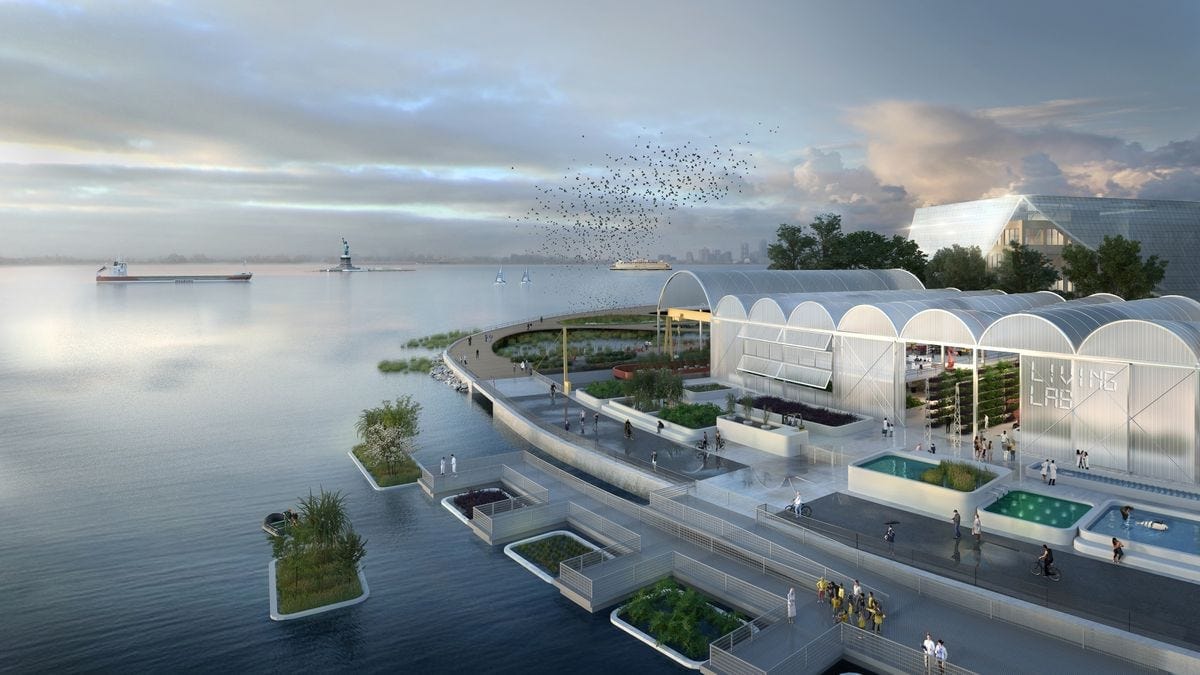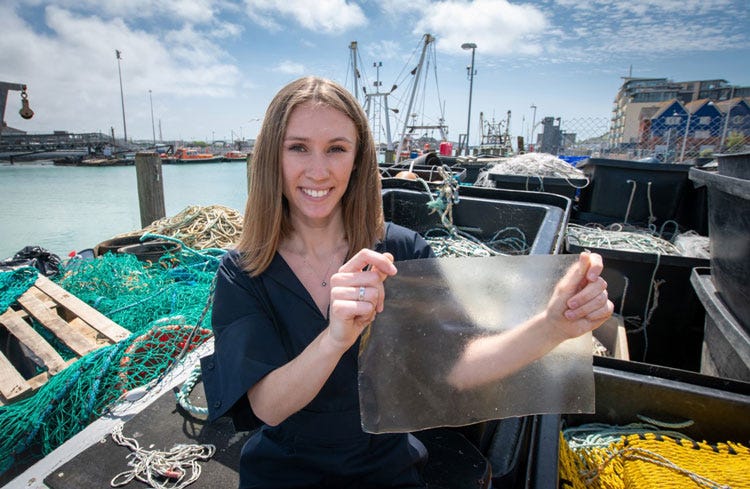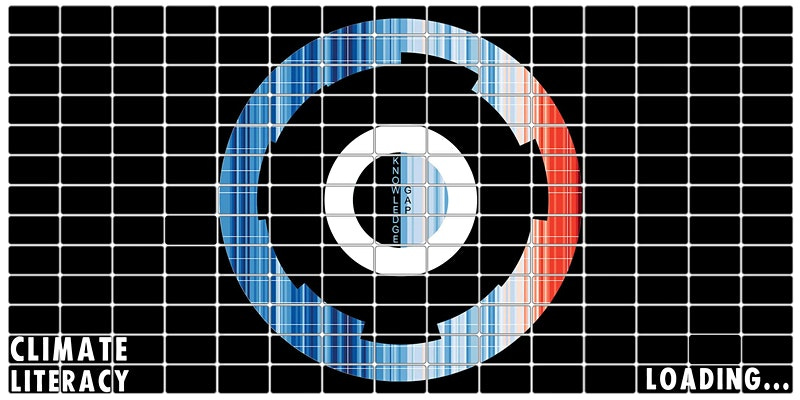
New York City has launched a global competition to create a climate-focused research and educational hub on Governors Island. “The Center will capitalize on New York City’s unique talent pool to prepare communities around the world for the impacts of climate change; create good-paying green jobs across the city; and foster public awareness, dialogue, and action to address the global climate crisis.” More here
The Anthropocene Architecture School runs regular events on climate literacy and the built environment, exploring the impact of the built-environment on the Climate Emergency and outlining solutions, resources and strategies. “These sessions link our buildings to climate change - in terms of impacts and opportunities, urgently and unignorably”. Follow them on Twitter for news of upcoming events
This evening, an online #ClimateLiteracy session shall be running from 7pm and as always, student places are available.
— Anthropocene Architecture School (@AnthropoceneAr1) 10:00 AM ∙ Jul 8, 2021
These sessions link our buildings to climate change - in terms of impacts and opportunities, urgently and unignorably.
The Co-Op has launched a national in-store recycling scheme for soft plastics such as plastic bags and packaging film. The material will be turned into post-consumer plastic granules which are then made into secondary products – including bin liners, rigid products such as buckets, and material for the construction industry. Collection points will be in 2,300 stores by November. More here

We hear of exciting innovations winning prizes all the time, but what happens to those ideas once the awards have been given out? Design Week reports on the progress of Lucy Hughes and her MarinaTex project, a bioplastic film made using by-products of the fishing industry which has won a number of awards in the past. Hughes is still struggling to scale up the product and find a business model to move it forward. “Things like its strength, durability and whether it really biodegrades all need proof – and proof is expensive, Hughes says. ‘Just one R&D package testing the barriers of the film can cost £20,000,’ she says. ‘So if you think about the money I won from the Dyson Award [£30,000], that’s two thirds gone on one test.’” More here

Dezeen has launched Carbon Revolution, a “major editorial series about carbon, exploring how this miracle material could be removed from the atmosphere and put to use on earth”. See the ten post popular stories from the series here

